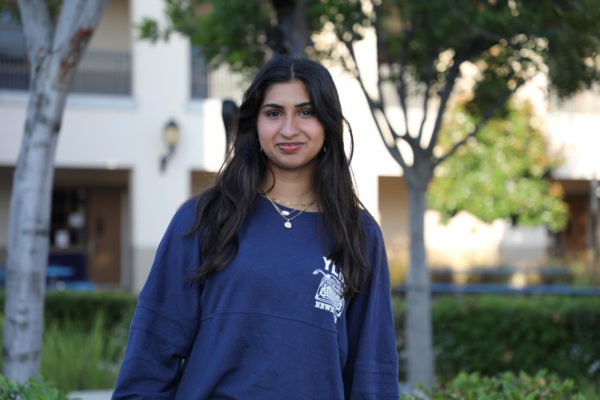The Basics of Banking
Knowing how to manage your money and realize the full power of interest can really help you throughout your life.
January 18, 2023
The majority of this newspaper’s audience is high schoolers, and in high school, you start to set up your life for college and eventually adulthood. One thing that also comes to this time is you start to earn money and you begin to develop the need for managing your money. So by the time you are maybe 13 to 17, you will likely set up a bank account and get some sort of debit or credit card. But if you were like me, you don’t really know how many of the behind-the-scenes type things go on, and I think that it’s fundamental knowledge.
The first thing that I want to touch on is the difference between savings and a checking account. To start, a savings account is something that can be very advantageous to high schoolers, especially at this age. Savings accounts are accounts that collect interest paid by the bank where you are banking based on a percentage of the money that you have in an account. This interest rate can be compounded at different points in time and at a multitude of different percentages based on this, the logic is that the longer you have your money sitting in this account the more your wealth will increase. Just for a little bit of perspective, If you were to put $1,000 into a savings account right now at 5% APY (Annual Percentage Yield) and compounded quarterly in exactly 5 years you would have made $282.03. While $283 may not seem like a lot of money, this is money that you’ve earned from doing nothing for five years, and because interest is a percentage the more money you have in the account the more you will begin to collect. So if you add $100 to the account every month your interest will compound even further and you can make $1050.30. A checking account is your more common date of the account where you’d be constantly pulling money from because checking accounts do not collect interest and are fully accessible to you. Saving accounts are called saving times for a reason. The most sensible thing to do would be to continue to add money but never take it out as a savings/retirement fund; that way you can collect as much interest as possible. once you understand the two types of accounts you have and the benefits of interest, you can start thinking of smart saving methods.
With this, I want to introduce you to the F.I.R.E. philosophy. The acronym stands for Financial Independence, Retire Early, and what it teaches is a method to do just that. The method to F.I.R.E is to save 70% of your annual income starting when you become financially independent, and once you get to 30% of your yearly expenses you are able to quit your day job or even completely retire. With reading just that it seems pretty doable, but saving 70% of your yearly income is extremely difficult, and most likely you won’t be able to truly enjoy the years when you are practicing this. Saving 70% of your income requires you to be very frugal and conservative with your spending. But the upside to this is that a lot of people get to fully retire by the time they’re about 35 to 40 years old and are able to spend their lives doing what they love without much financial hardship. What I think is a really interesting thing about this method is that when you are saving 70% of your annual yearly income, you are going to be putting this money into a savings account, and while your money is in the saving account, it will continue to earn interest. So, even while you are potentially retired, you are still going to be making money on the mass amount of money that you have collected into your savings account.
While this article discussed a very small corner of economics and banking, I hope that it made you interested in wanting to learn more. One student Sophia Solomon (11) commented “A lot of people don’t realize how many smart things you can do with your money, especially at a young age that can really pay off later in your life.” Investments can be difficult and risky, but when you make safe guaranteed savings at a young age, which will take a long time, it will consistently give you great results.




































